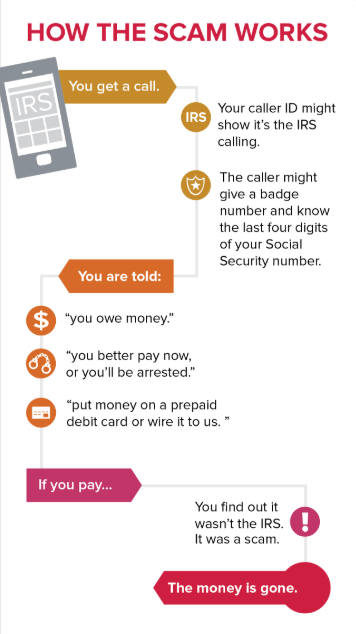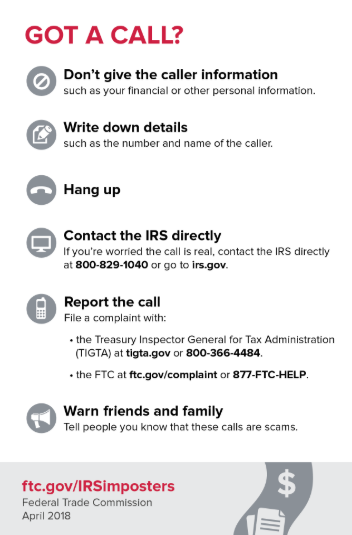Vermonter of the Month is a monthly series in which the Attorney General will feature a Vermonter doing exemplary work in their community. Have someone you think should be featured? Email AGO.CAP@vermont.gov.

Our August Vermonter of the Month is director, producer, and arts activist Bess O’Brien—Vermont’s truth-teller.
Bess began working in film when her husband Jay Craven hired her to produce his first short movie High Water. From there, she went on to co-produce Where the Rivers Flow North and A Stranger in the Kingdom before starting to make documentary films.
Through filmmaking, Bess has shined a light on issues affecting Vermonters. Her recent films—Coming Home, All of Me, and The Hungry Heart—depict important issues like reintegration into communities after incarceration, body image and eating disorders, and the opioid and prescription drug crisis in Vermont.
In December, our office hosted a screening of Bess’ film Coming Home for staff. The film follows five Vermonters returning to their communities after being incarcerated. It highlights the amazing work that the Circles of Support and Accountability (COSA) program is doing in Vermont—helping people reintegrate into their communities and showing the power of compassion and empathy.
In 1991, Bess and Jay established Kingdom County Productions (KCP). The nonprofit’s focus expanded in 2009 to include performing arts; bringing shared arts-based community events to the Northeast Kingdom. Today KCP is dedicated to “transforming community through film, performance, and experiential learning.”
We met up with Bess at the Middlebury New Filmmakers Festival to ger her perspective on the importance of storytelling in Vermont.
You’ve been described as “Vermont’s truth-teller.” What inspires you, or drives your passion for this work?
I am interested in telling stories that go to the root of the problem, whether it be drug addiction, incarceration, foster care, etc. I want to hear voices from people who are often not seen and are invisible. I want their voices heard. By telling their stories change can begin to happen.
Why is documentary filmmaking and the arts, in general, important in a rural state like Vermont?
Because Vermont is small, telling stories and sharing the lives of people who are often silenced can make a difference. We are a small state so a documentary film that tours to 15 towns can truly start a conversation!
Why did you and your husband Jay create Kingdom County Productions?
To tell stories that are rooted in Vermont.
How do you strive to transform “community through film, performance, and experiential learning?”
By bringing the arts to rural areas and to folks who often don’t experience the arts it raises awareness and forms a strong community.
What advice do you have for other Vermonters looking to make an impact in their community?
Tell the truth, talk to people who are outside your comfort zone, have empathy and raise people’s voices!



